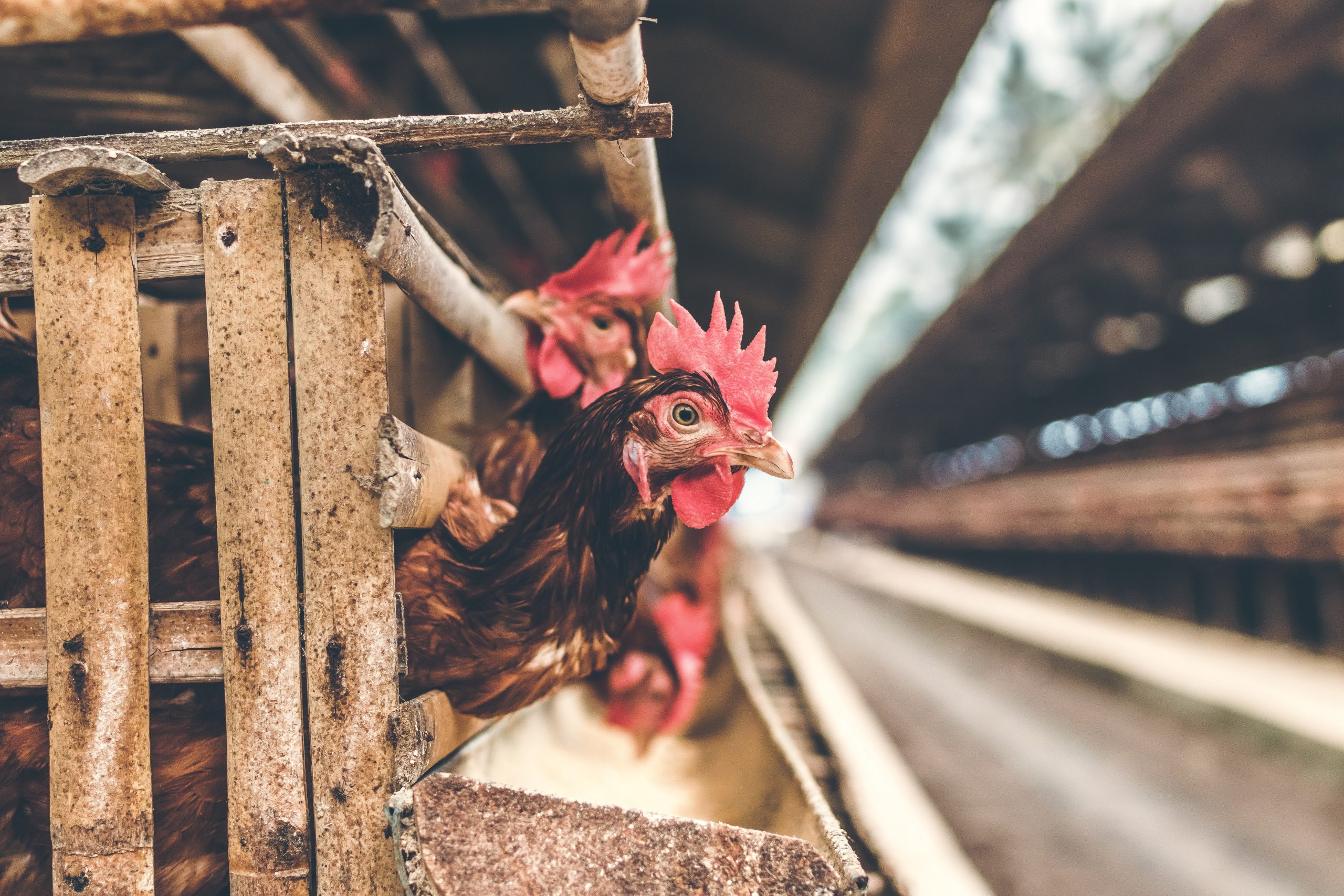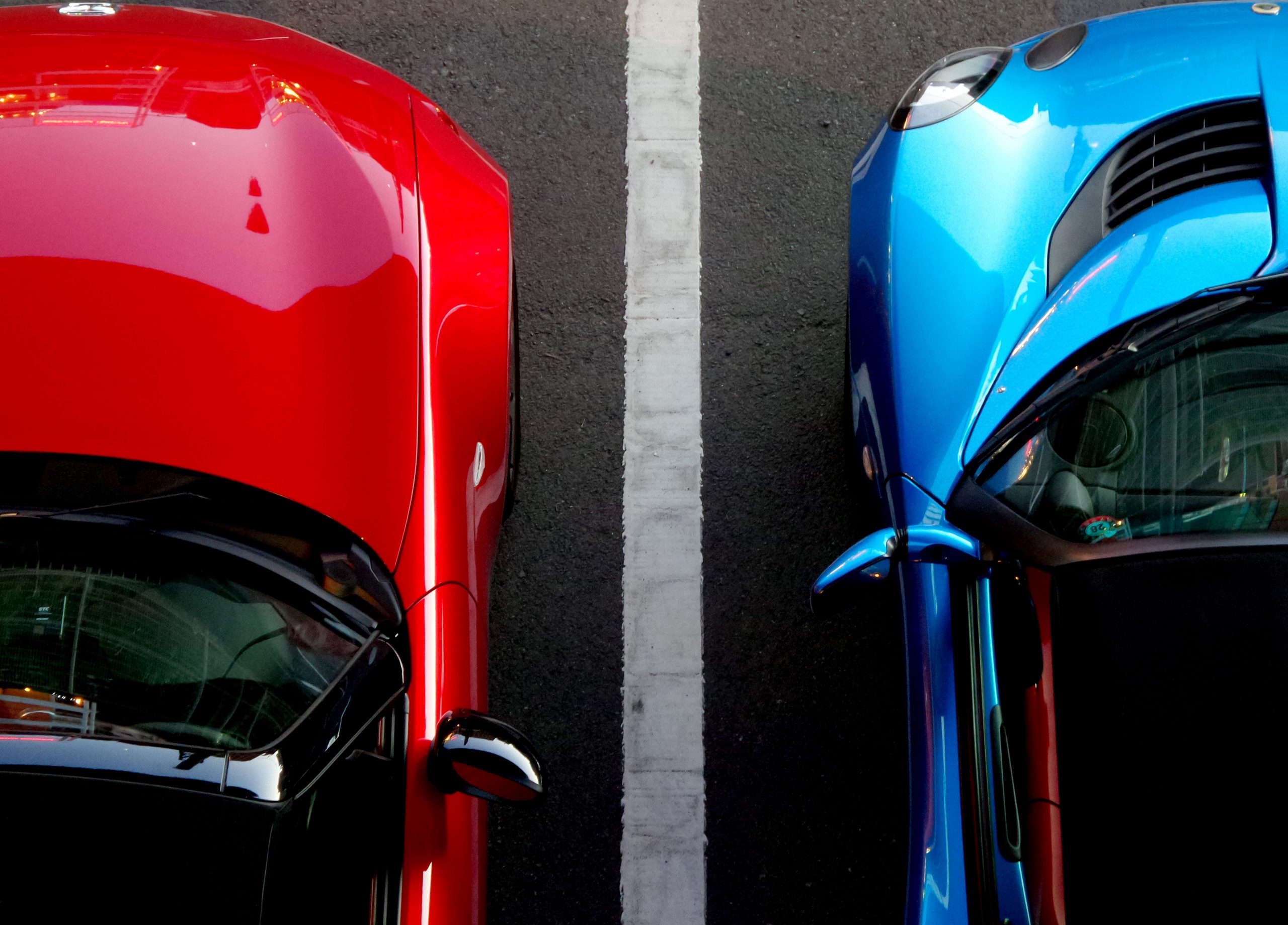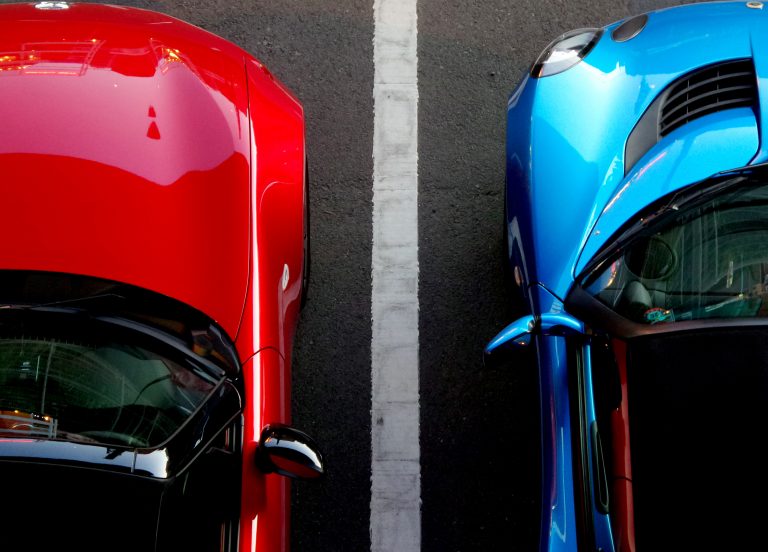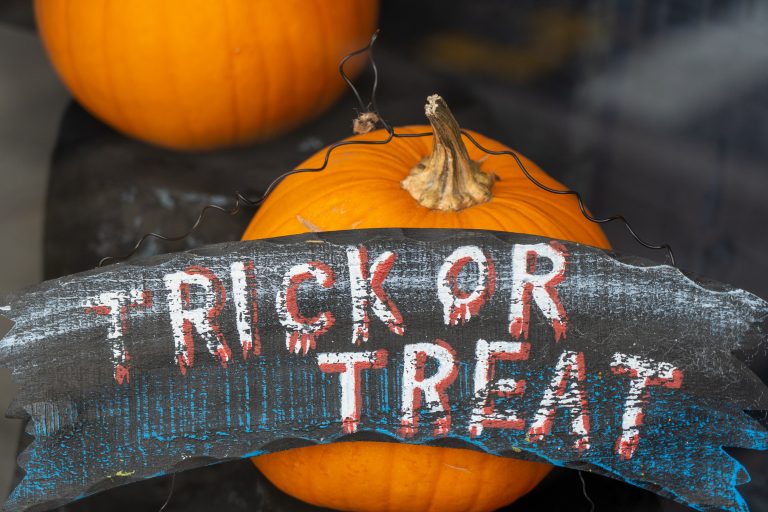A Spirited Trade War

In the 20 years between 1997 and 2017, US exports of Kentucky bourbon whiskey tripled to a value of $450 million. However, in the second half of 2018 exports of bourbon and other American whiskeys began to decline rapidly. The reason: tariffs. As part of an escalating trade war which began with the US applying tariffs to imports of steel and aluminum, countries around the world have implemented retaliatory tariffs on US goods, including whiskey. In particular, the European Union levied a 25 percent tariff on American whiskey. This tariff has had a substantial effect on US whiskey producers, as the EU is the largest export market for American whiskeys, comprising nearly 60 percent of American whiskey exports. In response to the EU’s tariff on American whiskey, the US levied a 25 percent tariff on Scotch whiskey and French wine, and in December 2019 announced an intention to raise that tariff to 100 percent.
In many industries, manufacturers can avoid paying tariffs by moving production to the country where they are selling their products. For example, Mercedes-Benz avoids paying US tariffs by making their cars in Alabama. However, for makers of American bourbon, Scotch whiskey, and French wine, this is not an option, since their name designation is dependent on location. To be called “bourbon” the whiskey must be produced in the US. To be called “Scotch” the whiskey must be produced in Scotland. French wine must be produced in France. As a result, people have found other methods of avoiding the tariffs. Scotch producers have airlifted their product to get it to the US faster than the typical method of shipping by sea. Wine importers have started importing wine in bulk containers and bottling the wine themselves, since the tariffs only apply to bottles of wine smaller than two liters. While these methods help avoid the tariffs, they also raise the firms’ costs. At the same time, uncertainty over how long the tariffs will last have caused firms to postpone investment and expansion plans. If the tariffs stay in effect long enough, they could also result in thousands of people losing their jobs. Further reading: Jeffrey Tucker, April 17, 2019, “Bourbon Exports: Casualty of the Trade War.”
Questions
- Explain how tariffs affect consumers, domestic producers, importers, and the economy as a whole.
- Discuss how consumers would be affected differently if they view bourbon whiskey and Scotch whiskey as perfect substitutes versus if they view them as differentiated products with strong preferences for one over the other.
In recent years, Japanese whisky has grown in popularity worldwide. How might the trade war between the US and EU impact the market share of Japanese exports?













